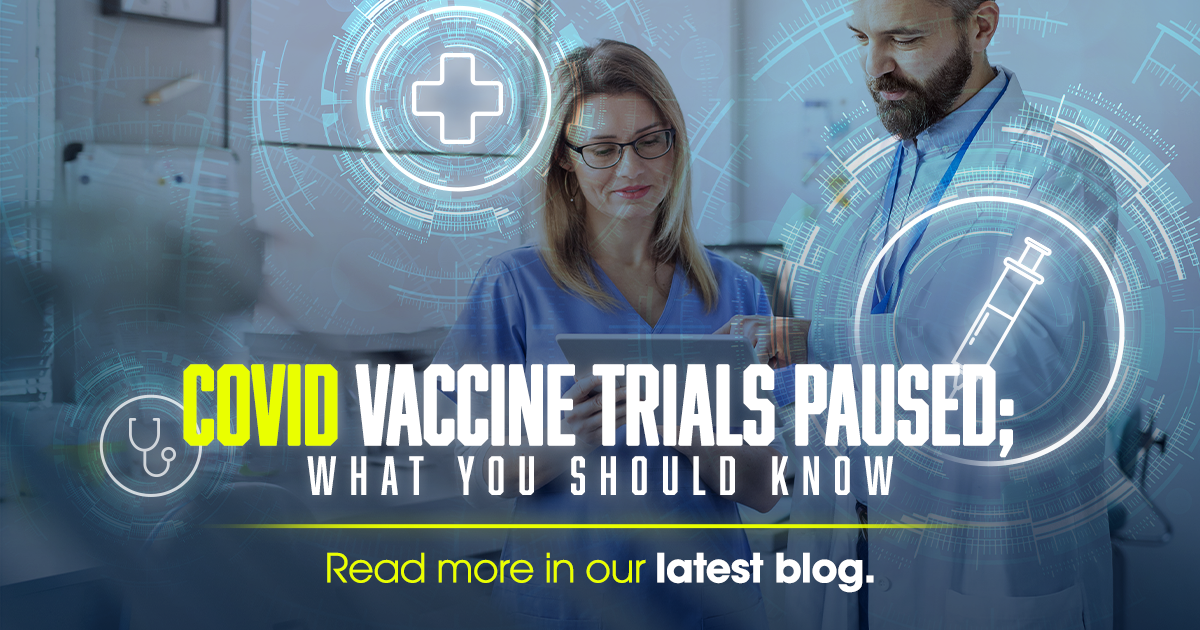Last week, two major pharmaceutical companies announced head-turning news; they are pausing COVID vaccine trials due to a possible adverse reaction. Many of us may wonder what that means, how it affects the progress of a vaccine, and if clinical trials are truly safe. Read on to find out more about why these COVID Vaccine Trials were paused and what you should know. Learn why Eli Lilly and Johnson & Johnson’s decision to pause their trials is a good thing.

Serious Adverse Events (SAE)
Serious Adverse Events, or SAEs, are any undesirable experience due to the use of an investigational medication, device or procedure. SAEs can include everything from hospitalization and disability to birth defects and any other serious events that are believed to be due to taking part in a clinical trial.
The timely reporting of SAEs is a critical element in the clinical trial process that ensures the safety of volunteers.
For Lilly and Johnson & Johnson, the decision to pause their trials, although a setback in the approval process, was necessary for the above reason. The pause allows the research team and doctors to review crucial data, the medical history of the patient(s) involved and determine if the SAE was due to the study drug. Once a decision is made, the trial with either proceed or be modified and/or closed completely.
At this point, we’re still waiting to find out how these two studies will fare.
Safety Measures
There are numerous safety measures in place before, during, and after a clinical trial. All clinical trials have very high ethical standards with major oversight from the FDA and regulatory review boards. Due to these standards and guidelines from multiple agencies, the approval process for a drug can take anywhere from 10 to 15 years.
Another interesting fact – only about 5 in 5,000 drugs make it to the pre-clinical phase and from there, only 1 in 5,000 actually get approved for human use.
The ultimate goal of a given trial is to prove not only that a new treatment is effective, but also safe for the population long-term. To do so, doctors and research staff must follow extremely strict guidelines. A fact that is a sigh of relief for many.

What You Can Expect from Clinical Trial Participation
Participating in a clinical trial can be a big decision that requires a complete understanding of the treatment being evaluated as well as the risks and benefits. Before taking part in a trial, the study team will discuss everything you need to know and answer any questions you have.
Check out this article from the NIH on the benefits, risk and safety of clinical trials.
Participants are closely monitored throughout the duration of the study and for a time after to ensure that there are no unexpected health outcomes. If a participant has any severe reactions or symptoms thar are concerning, it is important to let your doctor know as soon as possible.
During this time of uncertainty with COVID-19, the road to finding potential treatments and vaccines is dire. It is important that we play our part and that means doing our research, understanding the clinical trial process, and even participating if it makes individual sense to do so.
To learn more about clinical trials and how our team works to keep you safe, visit infiniteclinicaltrials.com.



